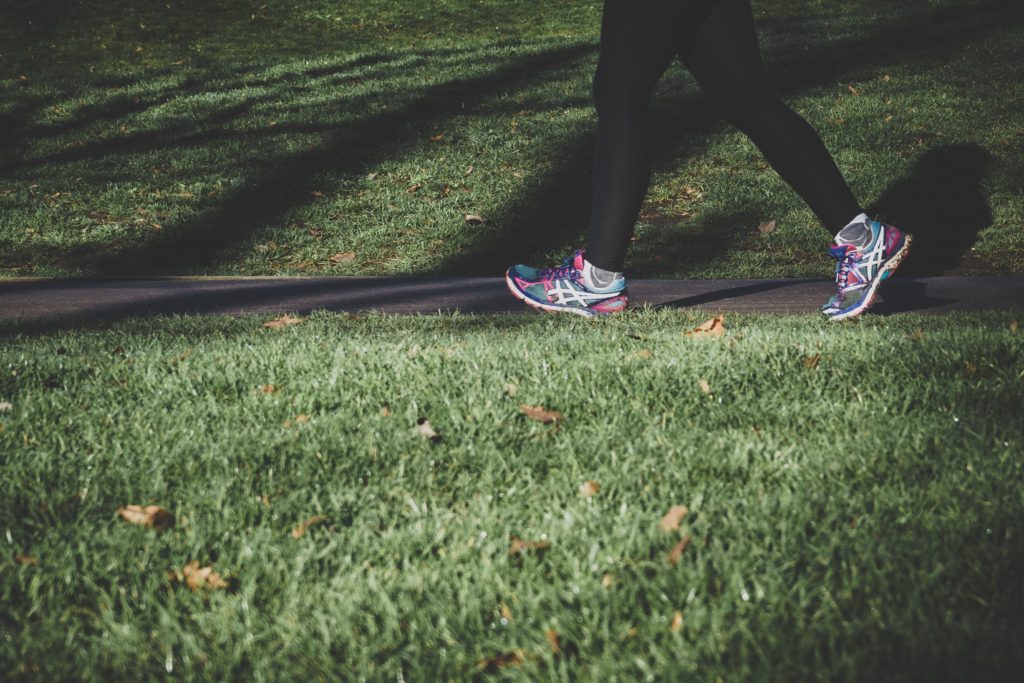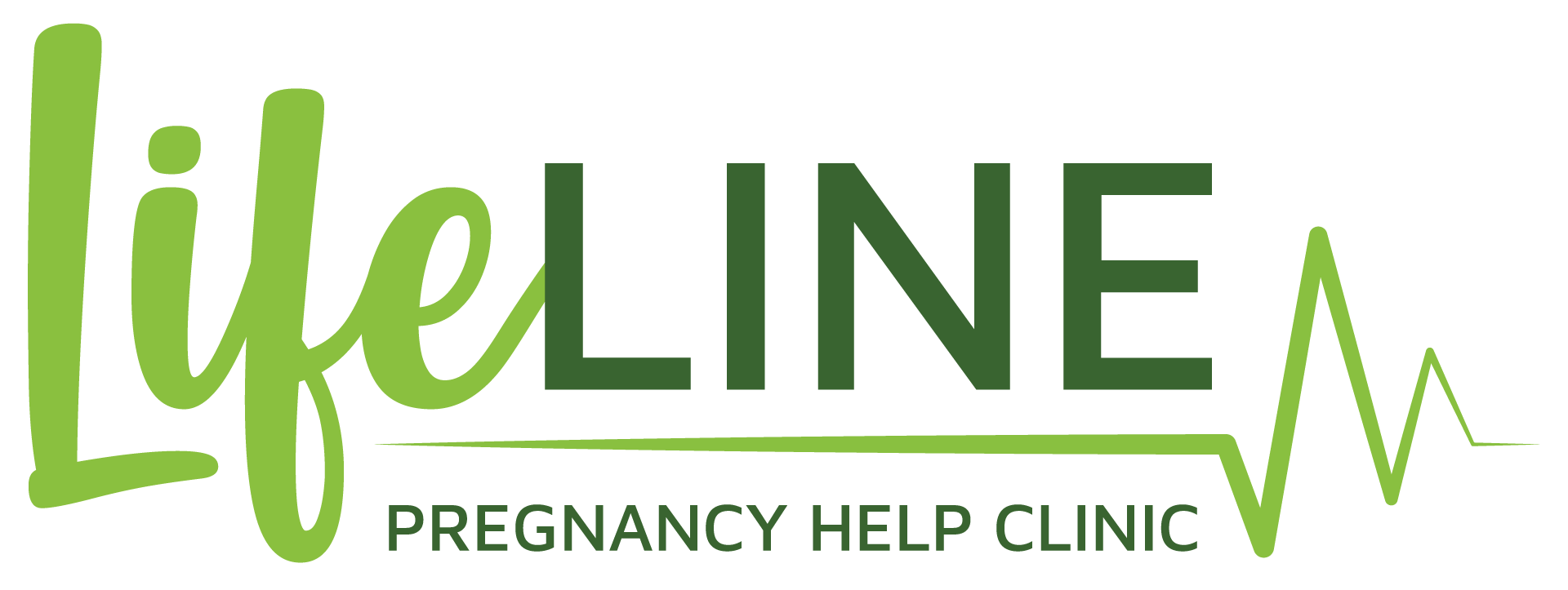The Temple

The human body blows my mind: intricate, strong, and fragile all at once. It also seems that the human body is one of the things that scares humans the most. We associate a variety of emotions with our bodies: joy, pride, vanity, anxiety, thankfulness, hopelessness, wonder, disgust. Our pants sizes change whether we want them to or not. Sometimes our hearts, thyroids, kidneys, immune systems, or legs fail us. For those of us who follow Jesus, we may find ourselves quieting our worries with phrases like, “It’s just my body, it won’t last forever anyway,” or “My home is in heaven, nothing here on earth can hurt me.” There is an important truth in that; certainly our earthly troubles don’t stand a chance against the victory of Jesus Christ. Yet this soul-satisfying promise should never lead us to curse our bodies or belittle our physical needs. Our Father cares about the human body. He created it, not as a side-note but as a vessel through which His work might be completed.
The way we as Christians view the body affects the way we minister, especially at a place like Lifeline. Though we as staff and supporters of Lifeline hope for spiritual and relational growth in every life we reach, our work is done through meeting physical needs. Here we extend the love of Christ with emergency diaper packs, car seats, pregnancy tests, ultrasounds, baby food, and doctor referrals. We care about the body because He created it and adores it. Oswald Chambers reminds us that “Man is not only mystical and moral, but material. Never say because you have a body you cannot progress…The Bible does not say that the body is a curse and hindrance; it says it is the temple of the Holy Spirit. ‘Or do you not know that your body is the temple of the Holy Spirit who is in you?’ (1 Cor. 6:19).”
Our bodies here on earth allow us to do God’s will here on earth. He chose to do His work this way, from the mitochondria to the liver to the right arm. This is an essential truth we must remember as partners for life. Why do we fight for every human being’s right to life? Because life–physical, biological, heads-shoulder-knees-and-toes life–was God’s idea, and He says it’s good. He could have just designed us a spiritual beings, but He didn’t. He gave us bodies, so let’s allow ourselves to get excited about that and care for our own and for each other’s physical wellness.
What does it look like to honor our bodies as God would have us? It is a trifold effort of thought, word, and action.
Thought. Ask yourself, What do I think about the human body? Do you stop and let awe of God’s creativity overwhelm you once in awhile? Or do you more often find yourself pointing out the failures of the human body?
Word. Ask yourself, What do I say about the human body? Does your speech encourage yourself and others to take care of their bodies and see their importance? Do your words describe the value of life, and that it is indeed worth living?
Action. Ask yourself, What do I do with my body? Do you honor God by eating healthy, exercising–not out of vanity or guilt, but out of thankfulness for what He has given you? Do you use your eyes and arms and legs to serve others and meet their own physical needs?
These are all important considerations not just for our confidence in who we are as God’s children, but for our understanding of our pro-abundant-life convictions. If we are to pray and work and volunteer and give to save unborn lives, we must believe that life is beautiful and worth living regardless of physical imperfections. As followers of Christ and supporters of life, let’s ask Him to transform our negative thought patterns into a continuous realization of how our bodies reflect His magnificence. This transformation of thought will in turn transform our words, which will then transform the way we take care of ourselves and others, finally transforming life itself, for the born and unborn alike.
By Kathryn Farmer

